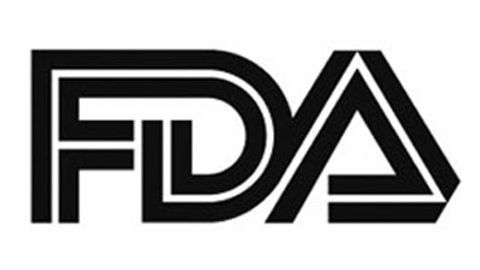FDA Issues EAU to Second COVID-19 Vaccine
The FDA has issued an emergency use authorization for a second vaccine, the mRNA-1273 Moderna COVID-19 Vaccine, for the prevention of coronavirus disease 2019 (COVID-19) in individuals 18 years of age and older.

The FDA has issued an emergency use authorization (EAU) for a second vaccine, the mRNA-1273 Moderna COVID-19 Vaccine, for the prevention of coronavirus disease 2019 (COVID-19) in individuals 18 years of age and older.1,2
“With the availability of 2 vaccines now for the prevention of COVID-19, the FDA has taken another crucial step in the fight against this global pandemic that is causing vast numbers of hospitalizations and deaths in the United States each day,” said FDA Commissioner Stephen M. Hahn, MD, in a statement. “Through the FDA’s open and transparent scientific review process, 2 COVID-19 vaccines have been authorized in an expedited timeframe while adhering to the rigorous standards for safety, effectiveness, and manufacturing quality needed to support emergency use authorization that the American people have come to expect from the FDA. These standards and our review process, which are the same we have used in reviewing the first COVID-19 vaccine and intend to use for any other COVID-19 vaccines, included input from independent scientific and public health experts as well as a thorough analysis of the data by the agency’s career staff.”
The FDA has determined that the Moderna vaccine has met the statutory criteria for an EUA and distribution following a review of the available data by the Vaccines and Related Biological Products Advisory Committee on December 17, 2020. The committee voted 20-0 plus 1 abstention in favor of approval for the mRNA-1273 vaccine.3
Moderna subsequently announced that delivery of approximately 20 million doses of the vaccine to the US government will begin immediately to be completed by the end of the month. The company plans to continue to gather further data in order to file a Biologics License Application with the FDA for full licensure in 2021.2
With Operation Warp Speed, allocation and distribution of the vaccine in the United States will be managed by the Department of Defense, in partnership with the Department of Health and Human Services and the US Centers for Disease Control and Prevention.
The FDA reviewed available efficacy data for the mRNA-1273 vaccine from 28,207 participants in the ongoing randomized, placebo-controlled COVE study. Of these individuals, 14,134 participants received the vaccine, which was administered in 2 doses given 1 month apart.
The vaccine was found to be 94.1% effective in preventing COVID-19 disease. Eleven cases of COVID-19 were found in the vaccine population compared with 185 in the placebo group, but only 1 of these cases was considered severe and pending confirmation.
Data, however, are not available to show how long the vaccine can provide protection or if the vaccine can prevent transmission of severe acute respiratory syndrome coronavirus 2 (SARS-CoV-2) to other people.
Safety were reviewed from 30,351 participants included in the study, including 15,185 participants who received the vaccine. Participants were followed for 2 months after receiving the second dose.
Common side effects reported included pain at the injection site, tiredness, headache, muscle pain, chills, joint pain, swollen lymph nodes in the same arm as the injection, nausea and vomiting, and fever, and these often lasted several days. More side effects were reported after the second dose than after the first; the incidence of grade 3 effects increased after the second injection.
In an interview with Tian Zhang, MD, assistant professor of medicine, Duke Cancer Institute, she explained the significance of mRNA vaccines and the importance of the COVID-19 vaccine for patients with cancer: “The technology for these mRNA vaccines has been around and available for at least about the last 10 years, and the target spike protein of the SARS-CoV-2 virus was the perfect antigen to develop using the available technology. Patients with cancer already have a pre-existing condition, and in many large subsets of patients, we have seen more severe COVID-19 infections or higher mortality rates in patients who have cancer and develop COVID-19. Therefore, to me, the approval of the vaccine and the ability to potentially prevent COVID-19 infection is truly paramount to keeping our patients with cancer safe.”
References
1. FDA Takes Additional Action in Fight Against COVID-19 By Issuing Emergency Use Authorization for Second COVID-19 Vaccine. News release. FDA. December 18, 2020. Accessed December 18, 2020. https://bit.ly/3am2IvD
2. Moderna Announces FDA Authorization of Moderna COVID-19 Vaccine in U.S. News release. Moderna Inc. December 18, 2020. Accessed December 18, 2020. https://bit.ly/3h33COJ
3. Vaccines and Related Biological Products Advisory Committee Meeting: December 17, 2020. FDA. Accessed December 18, 2020. https://bit.ly/37tYUGJ








